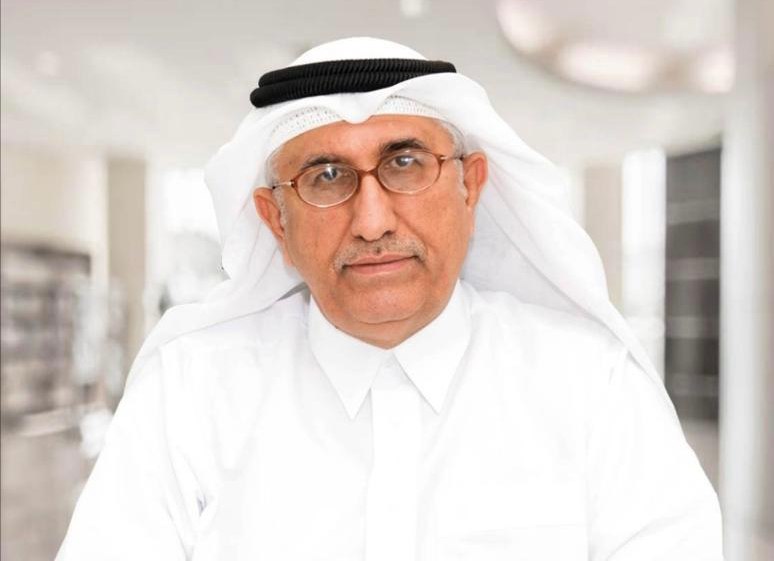Dr. Ahmad Al Mulla, Director of Hamad Medical Corporation’s (HMC) Tobacco Control Center, has played a pivotal role in the development of the World Health Organization’s (WHO) first clinical treatment guideline for tobacco cessation in adults. This guideline, which provides comprehensive recommendations and treatment methods for individuals looking to quit tobacco use, was a collaborative effort among 16 experts from around the world. Dr. Al Mulla and the Tobacco Control Center received a letter of recognition for their contribution to this important project, highlighting Qatar’s role in global tobacco control efforts.
The release of the WHO’s clinical treatment guideline for tobacco cessation in adults is a significant milestone in the fight against tobacco use, as there are approximately 1.25 billion tobacco users worldwide. This guideline aims to provide healthcare providers and individuals with the necessary tools and resources to support tobacco cessation efforts. The involvement of experts like Dr. Al Mulla underscores the importance of international collaboration in addressing tobacco dependence and promoting public health.
As a WHO collaborating center for treating tobacco dependence, the Tobacco Control Center at HMC plays a crucial role in elevating Qatar’s profile on the global stage. By actively contributing to the development of treatment guidelines and initiatives aimed at reducing tobacco use, HMC and the Tobacco Control Center are making a positive impact on public health in the Eastern Mediterranean region. Their efforts support healthcare providers in offering the best treatment options for individuals struggling with tobacco dependence.
The recognition received by Dr. Al Mulla and the Tobacco Control Center is a testament to their commitment to advancing tobacco control efforts and promoting a smoke-free environment. By advocating for evidence-based treatment methods and guidelines, they are helping individuals make informed decisions about their tobacco use and empowering healthcare providers to deliver effective cessation support. Through their involvement in international initiatives like the WHO clinical treatment guideline, they are contributing to a global effort to reduce the harm caused by tobacco use.
In order to access the full content of the WHO’s clinical treatment guideline for tobacco cessation in adults, individuals and healthcare providers can visit the provided link. This guideline serves as a valuable resource for those seeking information and guidance on tobacco cessation strategies. By disseminating evidence-based recommendations and treatment methods, the WHO is supporting efforts to reduce tobacco-related morbidity and mortality on a global scale. Dr. Al Mulla and the Tobacco Control Center’s participation in this project reinforces Qatar’s commitment to public health and tobacco control initiatives.
In conclusion, Dr. Ahmad Al Mulla’s involvement in the development of the WHO’s clinical treatment guideline for tobacco cessation in adults highlights Qatar’s leadership in the fight against tobacco use. By collaborating with international experts and contributing to the creation of evidence-based guidelines, the Tobacco Control Center at HMC is playing a key role in advancing public health efforts in the region and beyond. The release of this important guideline underscores the need for comprehensive strategies to support individuals in quitting tobacco use and improve global health outcomes related to tobacco dependence.











